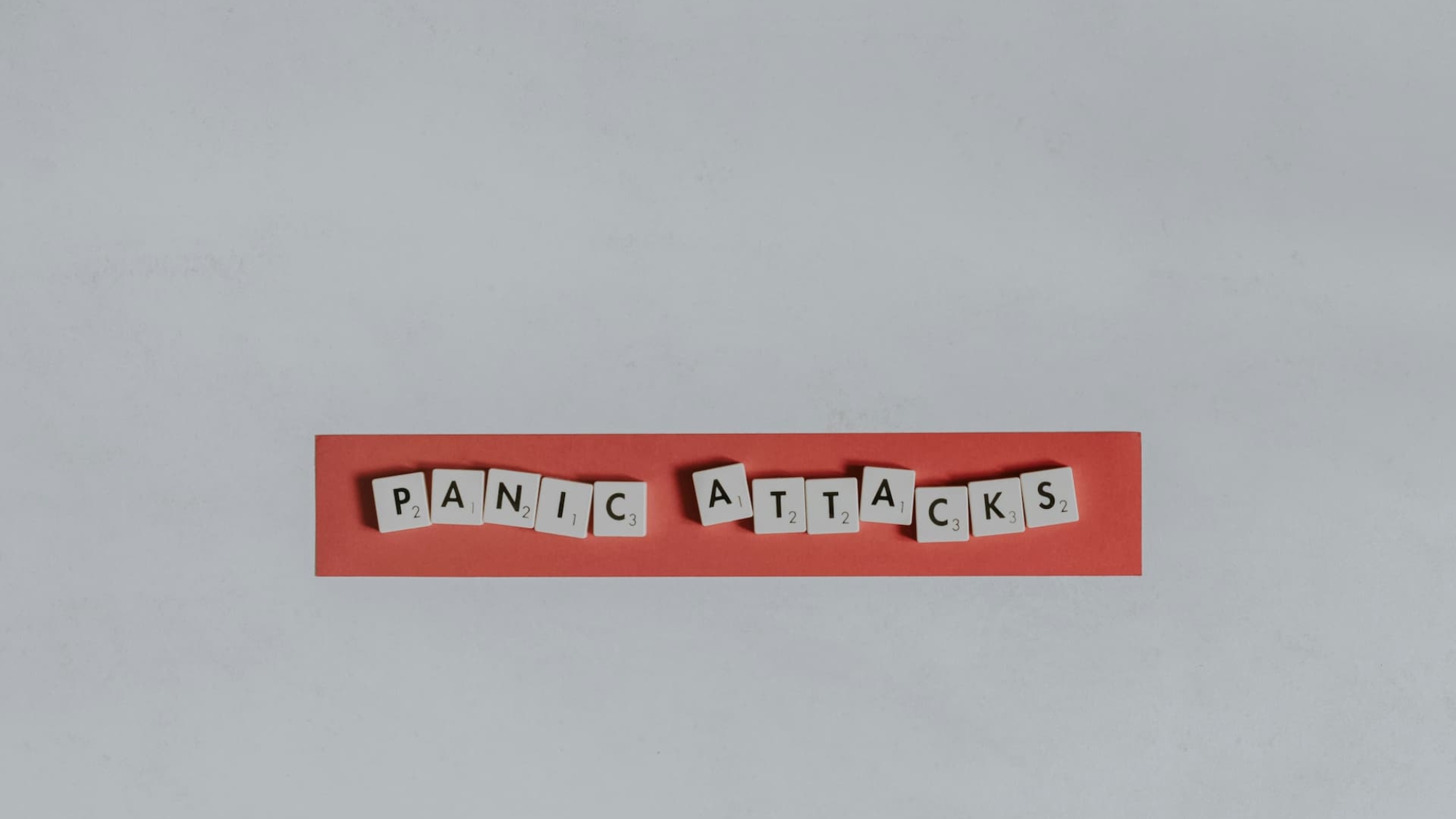Palm Beach Therapy Center – Boca Raton, FL
Identifying what triggers your anxiety can be a complex process, as triggers can vary widely from person to person and often involve multiple factors. Here are some common triggers that might be causing your anxiety:
Psychological Triggers
1. Stressful Life Events:
– Major Changes: Events such as moving, starting a new job, or relationship changes can trigger anxiety.
– Trauma: Past traumatic experiences, such as accidents, abuse, or significant loss, can lead to anxiety, especially if unresolved.
2. Negative Thought Patterns:
– Catastrophizing: Thinking the worst-case scenario in situations can lead to heightened anxiety.
– Perfectionism: Unrealistic expectations for oneself can create constant pressure and anxiety.
3. Uncertainty and Fear of the Unknown:
– Lack of Control: Situations where outcomes are unpredictable or out of your control can be anxiety-inducing.
Social Triggers
1. Social Situations:
– Social Interactions: Fear of judgment or rejection in social settings can trigger social anxiety.
– Public Speaking: Speaking in front of a group is a common anxiety trigger.
2. Relationship Issues:
– Conflict: Disagreements or tension in relationships can cause anxiety.
– Isolation: Lack of social support or feelings of loneliness can increase anxiety levels.
Environmental Triggers
1. Work or School Stress:
– Deadlines and Expectations: Pressure to meet deadlines or perform well can trigger anxiety.
– Workload: An overwhelming amount of tasks or responsibilities can be anxiety-inducing.
2. Financial Worries:
– Debt: Concerns about paying bills, managing debt, or financial instability can cause significant anxiety.
3. Health Concerns:
– Personal Health: Worry about personal health issues, whether real or perceived, can trigger health anxiety.
– Health of Loved Ones: Concern for the well-being of family or friends can also be a source of anxiety.
Physical Triggers
1. Poor Sleep:
– Insomnia: Lack of quality sleep can exacerbate anxiety.
– Sleep Deprivation: Not getting enough sleep overall can make it harder to cope with stress.
2. Substance Use:
– Caffeine: High intake of caffeine can increase anxiety levels.
– Alcohol and Drugs: Substance abuse can worsen anxiety symptoms and lead to dependency.
3. Diet:
– Nutritional Deficiencies: Lack of essential nutrients can impact brain function and mood.
– Blood Sugar Levels: Fluctuations in blood sugar can cause symptoms similar to anxiety, such as shakiness and irritability.
Identifying Your Triggers
To identify your specific anxiety triggers, consider the following approaches:
1. Journaling:
– Track Patterns: Keep a journal to note when you feel anxious, including the context and any preceding events or thoughts.
– Identify Common Themes: Look for patterns or recurring situations that seem to trigger your anxiety.
2. Self-Reflection:
– Ask Questions: Reflect on what specific situations, thoughts, or feelings are present when your anxiety occurs.
– Mindfulness Practices: Mindfulness can help increase your awareness of triggers by encouraging you to observe your thoughts and feelings without judgment.
3. Professional Help:
– Therapist or Counselor: A mental health professional can help you identify and understand your triggers through various evidence based models and techniques.
– Medical Evaluation: Sometimes, underlying medical conditions can contribute to anxiety, so a thorough check-up may be helpful.
Managing Your Triggers
Once you’ve identified your triggers, you can develop strategies to manage them:
1. Coping Mechanisms:
– Relaxation Techniques: Practices such as deep breathing, progressive muscle relaxation, and meditation can help calm your nervous system.
– Physical Activity: Regular exercise can reduce stress and improve mood.
2. Healthy Lifestyle:
– Balanced Diet: Eating a nutritious diet can support overall mental health.
– Sleep Hygiene: Establish a regular sleep routine to ensure you get adequate rest.
3. Building Resilience:
– Stress Management: Learn and practice stress management techniques to better handle anxiety-inducing situations.
– Support Network: Surround yourself with supportive friends and family who can provide comfort and understanding.
Identifying and managing anxiety triggers is an ongoing process that can significantly improve your overall well-being.



